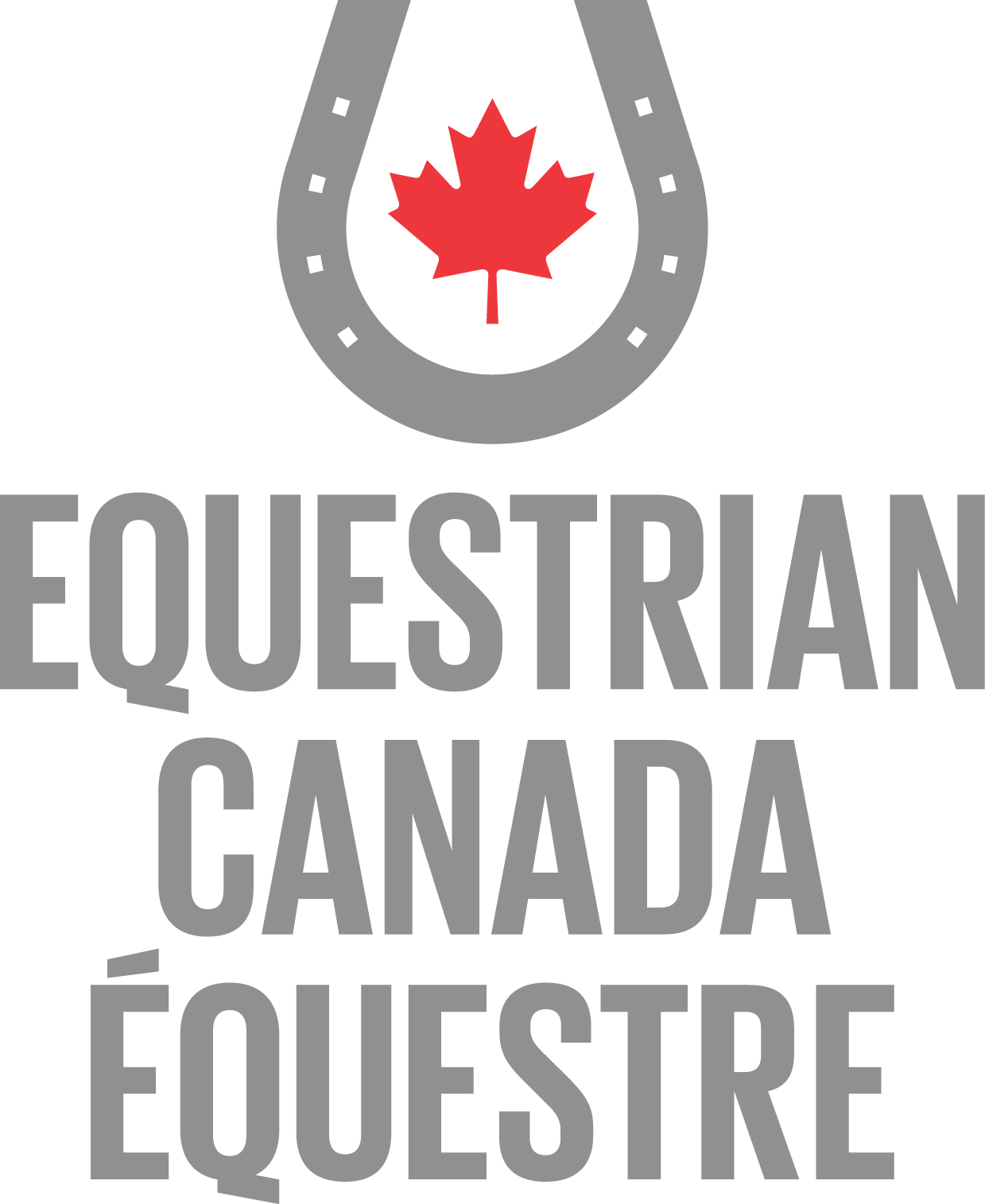Search Results for international
Eventing
Eventing is a sporting discipline which combines three phases of competition - dressage, cross country, and show jumping.
Each horse/rider combination performs a dressage test, demonstrating to the judges' the horse's paces, obedience, harmony with his rider, and degree of training. In the second phase, the horse and rider complete a course of solid-looking obstacles met on a course through fields, woods, and water, aiming to jump each obstacle without mishap within the time allowed. The final phase, show jumping, follows the same format as regular show jumping, proving that the horse is still fit and careful enough to negotiate a course of ore fragile obstacles without penalty. The scores from all three phases combine - the horse and rider with the fewest penalty points are the victors.
The Olympic and international format of Eventing spaces the phases out over three days. Shortened formats for lower level competitors, called Horse Trials or Derbies, can occur in one or two ...
[Language English]Coaching Programs in New Brunswick
THE COACHING PROGRAM IN NEW BRUNSWICK
The NBEA administers and promotes the Equestrian Canada Certified Coaching Program and their Coaches and Instructors. National standards for equestrian coaching programs are developed by the National Coaching Committee of Equestrian Canada, in conjunction with the Coaching Association of Canada (CAC), the National Coaching Certification Program (NCCP) and Equestrian Canada (EC). The program for Competition Coaches and Instructor of Beginners is administered in each province by the Provincial Sport Office on behalf of Equestrian Canada. Disciplines included in the EC programs are Western, English, Saddle Seat and Driving.
The Equestrian Canada Coaching programs are designed to provide coaches/instructors with the tools necessary to improve athlete development. Whether it is certification programs, clinics, mentorship, or high performance. Ultimately the goal is to provide the equestrian with the best possible experience and skills. By ...
TUNE-UP TUESDAYS
Master coach and international athlete Carol Mulholland leads us through some general fitness sessions, with an eye to what the equestrian body needs. Work at your own pace. Brought to you by the Capital Region Equestrian Association - Zone 3 and the NBEA! Week One
Week 2
Week 3
Week 4
Week 5
Week 6
Week 7
Week 8
2017 EC Convention: Building a Unified Canadian Equestrian Community Registration Now Open!
Ottawa, ON, Feb. 6, 2017 – Registration is officially open for the 2017 Equestrian Canada (EC) Convention, taking place April 7-9, 2017 at the Sheraton Vancouver Wall Centre in beautiful downtown Vancouver, BC.
Reining
Reining horses and riders complete intricate patterns using a set of barely perceptible cues. At reining competitions, horse and rider pairs are placed in classes sorted by their age, status (professional or amateur) and level of experience. At the top level of competition, competitors complete one of 10 patterns that demonstrate the athletic abilities of the horse and the subtle communication between horse and rider. Included in the patterns are several compulsory movements: varying circles, small slow circles, flying lead changes, roll backs, spins and the crowd pleasing sliding stop. Reining competitors also perform freestyles, in which they choreograph the compulsory movements to music. Freestyles are judged on level of difficulty as well as music and choreography.
Equestrian sport can represent an opportunity for freedom and movement to people with disabilities. It can also be a rejuvenating component in a therapeutic program. With various degrees of assistance and support, horse sport can be a reality for many people, whether a child with cerebral palsy or an adult with paralysis. People with disabilities can learn to ride a horse, compete alongside their peers and progress to high level competitions like the Paralympics or the World Equestrian Games. Challenges can be overcome and the experience is often rewarding.
Endurance riding – a non-Olympic FEI discipline – currently the fastest growing of the entire equestrian sports around the world, second only to Jumping in number of competitions.
Equestrian Canada Introduces Long-Term Equestrian Development 2.0
Ottawa, ON, July 21, 2017 – Equestrian Canada (EC) is pleased to introduce Long-Term Equestrian Development (LTED) 2.0 — a resource to benefit all equestrian participants, from athletes and parents to coaches and officials to competition organizers and owners.
How to Find a Riding Instructor
List of Certified Instructors and Coaches in New Brunswick





.png)
